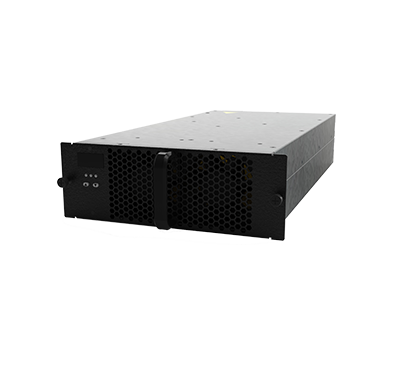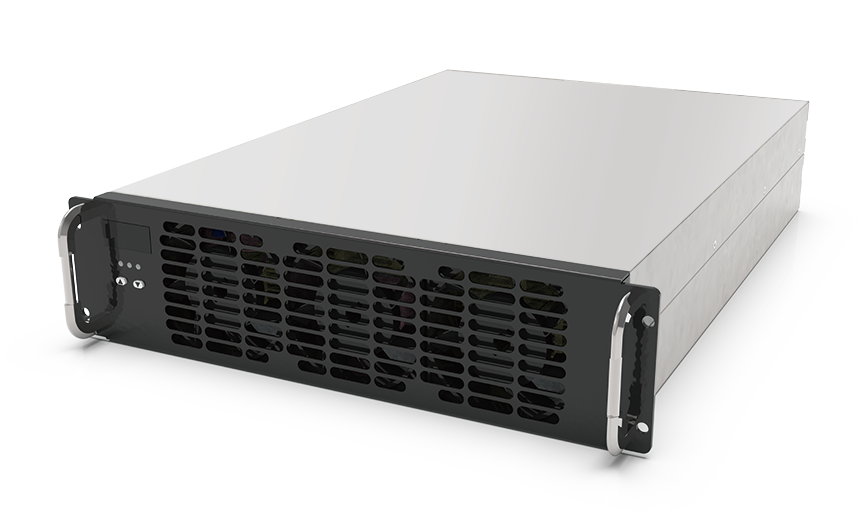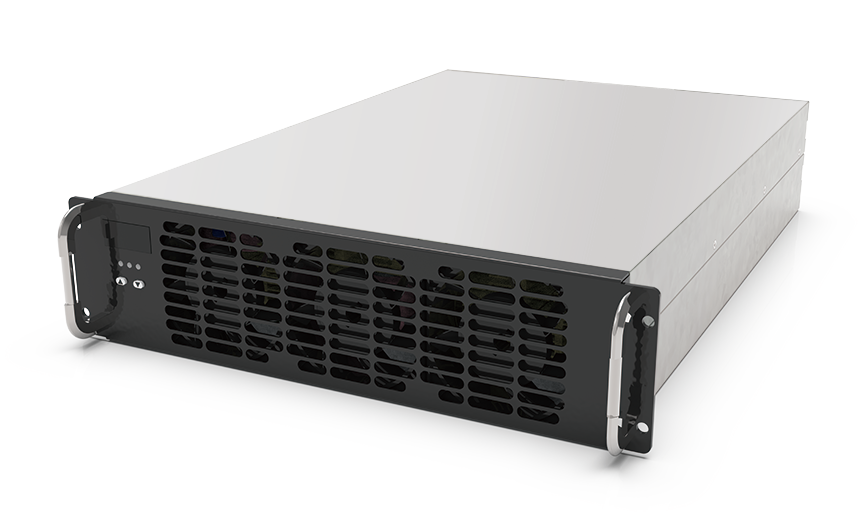
In a world where electric vehicle (EV) sales are projected to reach 30 million units by 2025, the demand for efficient charging solutions has never been more critical. Among these innovations, the DCDC charging module stands out as a pivotal component in ensuring that EVs can be charged quickly and safely. However, with great innovation comes significant regulatory scrutiny.
The Intricacies of DCDC Charging Modules
DCDC charging modules play an essential role in converting high-voltage DC power from batteries into lower voltage levels suitable for various applications. These modules not only enhance energy efficiency but also comply with stringent legal regulations governing electrical safety and electromagnetic compatibility. As we delve deeper into their legality attributes, it becomes evident that adherence to standards such as IEC 61000-3-2 is paramount for manufacturers aiming to market their products globally.
The Role of EV Charging Station Controllers in Legality
When discussing the legality surrounding EV infrastructure, one cannot overlook the significance of ev charging station controllers. These devices must adhere to local and international regulations concerning grid connection and user safety. Compliance with standards like ISO 15118 ensures secure communication between vehicles and chargers while addressing issues related to interoperability among different manufacturers’ systems. This legal framework not only protects consumers but also fosters trust within the burgeoning EV market.
UUGreenPower’s Commitment to Legal Standards

UUGreenPower exemplifies how companies can navigate complex legal landscapes while promoting sustainable practices through its innovative technologies. Their commitment extends beyond mere compliance; they actively engage with regulatory bodies to shape policies that govern renewable energy usage in conjunction with DCDC technology. By adhering strictly to environmental laws and advocating for clearer guidelines on emissions reductions, UUGreenPower positions itself as a leader committed not just to profitability but also corporate responsibility.
A Conclusive Overview
In summary, the landscape surrounding DCDC charging modules is intricately tied to evolving legal frameworks aimed at ensuring safety and sustainability within the electric vehicle sector. As we continue witnessing rapid advancements in this field, understanding these regulations will be crucial for stakeholders looking to innovate responsibly while meeting consumer demands effectively.


